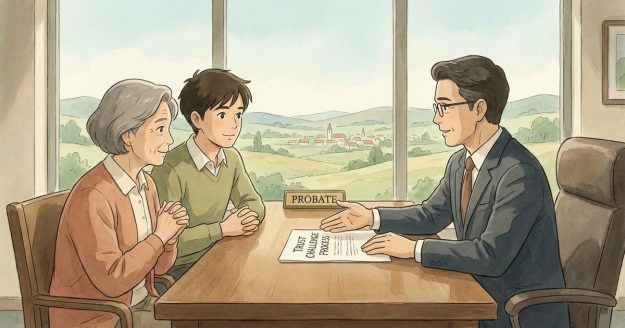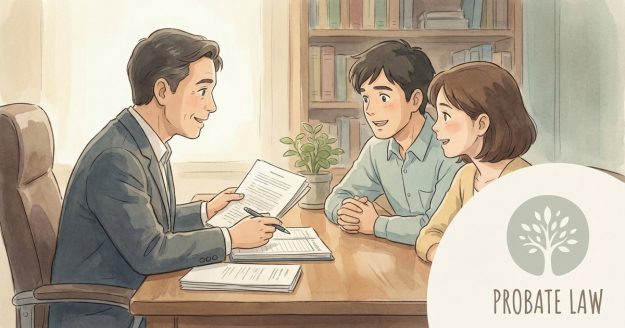What paperwork do I need to file to prove I have authority to sell the property after my sibling’s death? nc
What paperwork do I need to file to prove I have authority to sell the property after my sibling’s death? – North Carolina Short Answer In North Carolina, the most common paperwork used to prove authority to sell a deceased person’s real estate is a court-issued appointment showing who the estate’s personal representative is (often…











